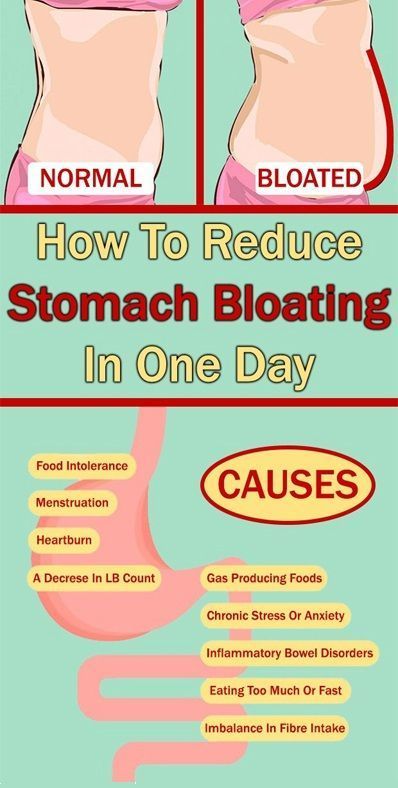Email us:
info@andrea-digestive-clinic.comCall us:
+65 6264-2836#21-11/12 Royal Square Medical Centre
Mon - Fri : 9am - 5pm, Sat : 9am - 1pm
Bloating is the discomfort felt around the abdominal area. Abdominal bloating associated with distension is a common symptom in patients with functional gastrointestinal disorders. Bloating is reported by 6% to 31% of the general population.
Bloating may feel as a sharp pain or it may be associated with abdominal cramps. These pain and discomfort may occur anywhere in the abdomen and can change locations quickly. Occasionally it may be mistaken for heart pain when it develops in the chest as a consequence of reflux. Pain on the right side of the abdomen may be occasionally confused with problems in the appendix or the gallbladder.


The underlying mechanism associated with abdominal bloating is poorly understood. Bloating associated with eructation (belching), aerophagia and flatulence, have been attributed to excessive intestinal gas accumulation. The average person produces between 1 and 3 pints of gas each day and passes gas about 10-14 times a day.
Normally, gas gets caught in the digestive tract in two ways: it is swallowed during talking and eating and it is produced in the intestine by bacteria during digestion and fermentation. Certain carbohydrates are the main culprits for bloating. Protein and fat aren’t major gas producers, although fats, because they slow down digestion, may contribute to a sense of bloating.
Other mechanisms of excess gas production include impaired small intestinal handling of gas, constipation, psychological factors, food intolerance, lactose intolerance and carbohydrate malabsorption, small intestinal bacterial overgrowth and altered gut microflora.
The most common symptom associated with bloating is a sensation of abdominal fullness or distention. Rarely, bloating may be painful or cause abdominal cramps. It may even present as hiccup. Hiccup is usually harmless and will disappear on its own; it also helps to release gas from the stomach.


When bloating does not go away after passing gas or stool, or is associated with change in bowel habit, constipation, diarrhea, blood in the stool, weight loss or loss of appetite, or fatigue, it require immediate medical attention and further investigation.
Important but uncommon causes of abdominal bloating and distension which require further investigation include ascites (accumulation of water in the abdomen) and intra-abdominal tumors.
Although bloating is a very common symptom, it is considered challenging to treat in clinical practice. The available evidence suggests that currently there is no treatment that has unequivocally proven to be effective for abdominal bloating.
Certain probiotics containing Bifidobacterium and Lactobacillus demonstrated improvement of bloating in clinical studies. Colonic bacteria can generate gas in the intestine through fermentation of undigested material therefore an imbalance in gut microflora may produce bloating. Probiotics are nonpathogenic microbial supplements improving intestinal microbial balance.
There are several different types of medication, some available over the counter, that can be used to treat bloating. Some medications contain food enzymes which help break down the complex carbohydrates (sugars) found in grains, vegetables and dairy products and thus reduce the amount of gas produced during digestion.
Bloating related to lactose intolerance improves after eliminating lactose containing food and beverages. Digestive enzymes containing lactase helps to break down lactose in food and beverages and hence reduce bloating.
Simethicone is an anti-foaming agent that helps the body to expel the gas more quickly. Prokinetics regulate gastrointestinal motility and improve the movement of the gas. Antispasmodics may improve bloating by decreasing intestinal smooth muscle contractility.
Other specific conditions when bloating is associated with chronic constipation or chronic diarrhea need doctor’s assessment and prescription.


Meal selection and lifestyle changes are the most important factors to help the patient with bloating.
There are certain types of vegetables and fruits that contain types of starches (complex carbohydrates) which are poorly digested by people but well digested by bacteria. These are beans, cabbage, cauliflower, Brussels sprouts, broccoli, and asparagus. They contain raffinose, which causes gas for a lot of people. Food containing yeast and certain starches such as bread, pasta and potatoes, but not rice may also cause gas for some people. Some herbal teas may improve digestion by breaking up gas bubbles that can develop.
Regular exercise, regular diet divided into small portions, avoidance of triggering factors like artificial sweeteners, certain carbohydrates, fatty, fried food, fast food, are the main modifying factors to help and prevent excessive gas accumulation and bloating.
Find out more information on causes of bloating at Andrea's Digestive Clinic.